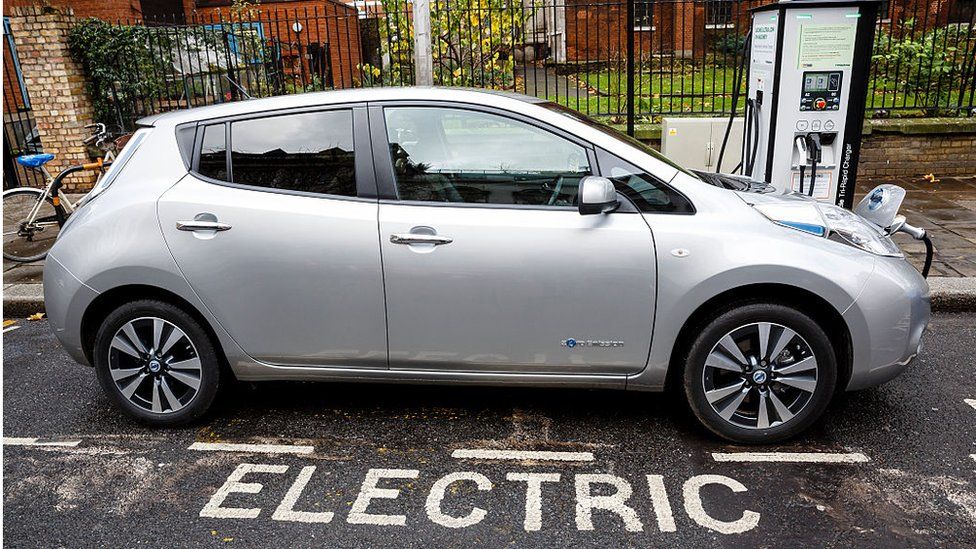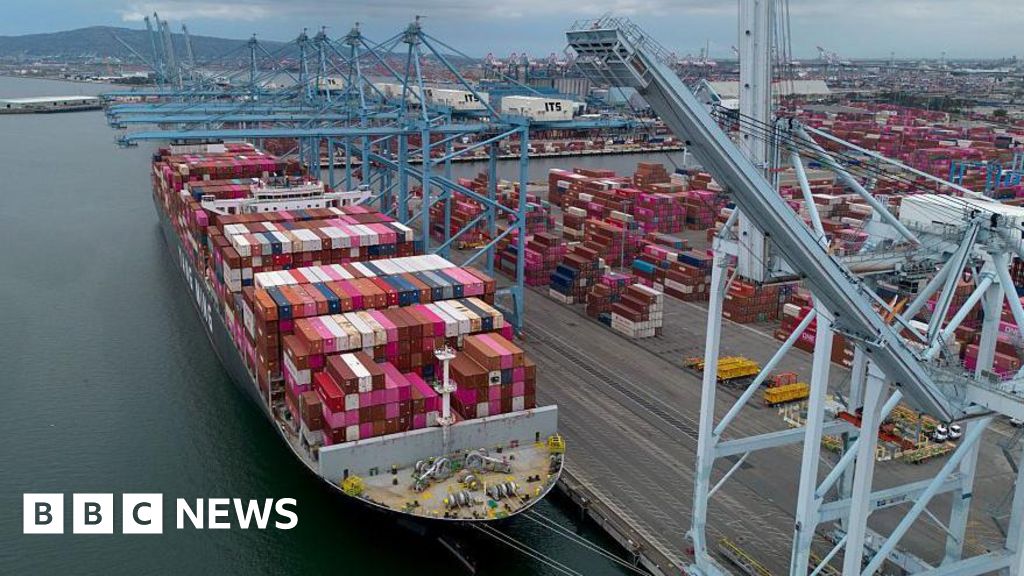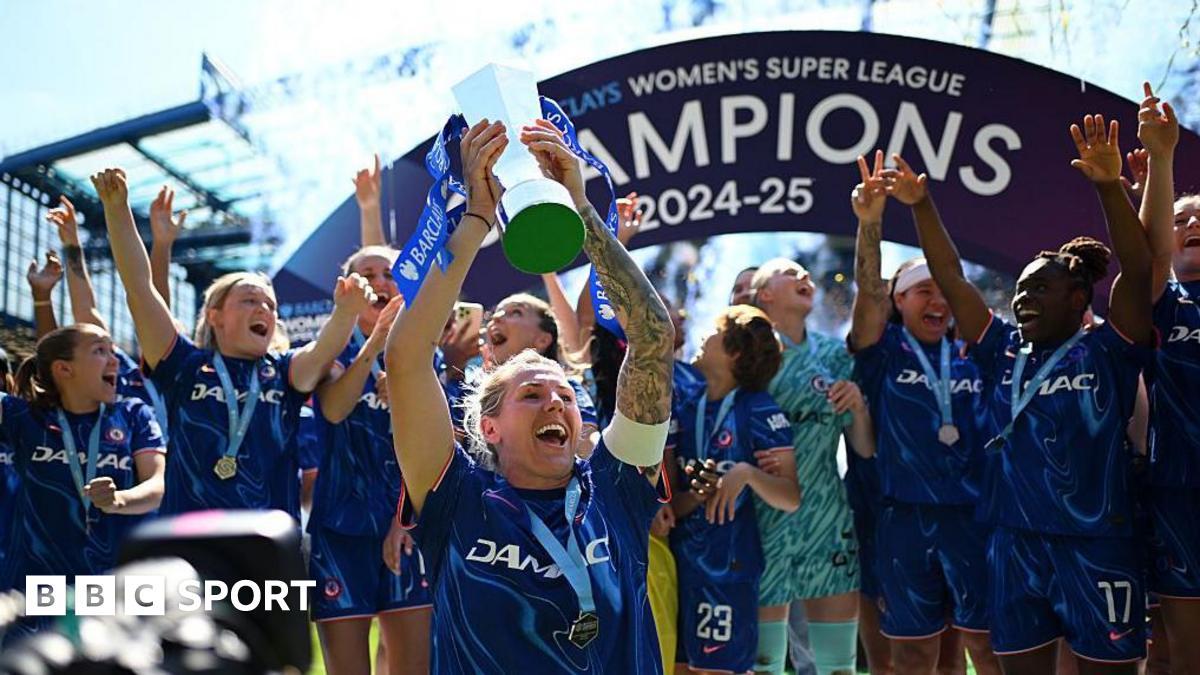ARTICLE AD BOX
 Image source, Getty Images
Image source, Getty Images
Motoring and car industry groups have criticised the government's decision to end grants worth £1,500 towards buying electric cars.
The Department for Transport said the plug-in subsidy scheme was being closed with immediate effect.
It said funding would now be "refocussed" towards improving electric vehicle charging.
But the Society of Motor Manufacturers and Traders (SMMT) said the move "sends the wrong message".
The RAC motoring group also warned the decision could "stifle" the ambition to shift most people into electric cars.
The grant scheme, which first started in 2011, was designed to make buying new electric vehicles more affordable by providing a discount.
It has been used to buy nearly 500,000 cars over the past decade.
The Department for Transport said funding would now be "refocussed" towards the main barriers to the electric vehicle transition, such as public charging and supporting the purchase of other road vehicles.
Ambition 'stifled'
Mike Hawes, chief executive of the SMMT, which represents carmakers, said the decision to scrap the grant "sends the wrong message to motorists and to an industry which remains committed to government's net zero ambition".
He said the government's continued support for new electric van, taxi and adapted vehicle buyers was welcome, but the UK was "now the only major European market to have zero upfront purchase incentives for EV car buyers yet the most ambitious plans for uptake".
Mr Hawes also said that the decision came at the worst possible time because the sector was not yet in recovery, and all manufacturers were "about to be mandated to sell significantly more EVs than current demand indicates".
He called for the government to compel massive investment in the charging network quickly, at a scale beyond anything so far announced, if targets were to be hit.
The RAC's head of policy, Nicholas Lyes, said: "We're disappointed the government has chosen to end the grant at this point. If costs remain too high, the ambition of getting most people into electric cars will be stifled."
The UK is due to ban the sale of new petrol and diesel cars from 2030.
AA president Edmund King said the plug-in grant for EVs costing under £32,000 had been essential for many drivers making the switch from petrol and diesel.
"The plug has been pulled at the wrong time on this important grant before many users, still waiting for delayed EVs due to global shortages, have made the change," he said.
"With record prices at the pumps and households budgets already stretched, removing the last incentive to go electric could stall this important move to electrification."
If you want to change the behaviour of businesses or consumers, you can offer them a carrot - or beat them with a stick.
In the past, the government has used a carrot to promote the sale of electric cars. The plug-in grant was meant to bring the price of an EV or plug-in hybrid closer to that of a conventional car.
As EV sales have grown, the government has brought the value of the grant down, and limited its scope.
Now it will no longer be available for cars at all - though sales of electric vans, taxis and motorbikes will be subsidised. Electric company cars will still have tax benefits as well.
Now, here comes the stick: the government is currently preparing plans to bring in a "zero emissions vehicle mandate".
It will in effect force manufacturers to ensure that a set proportion of the cars they sell are electric. If they fail, they will be fined.
So rather than subsidising electric car sales, the government will be penalising carmakers who don't sell enough of them. This will put the responsibility for expanding EV sales firmly on the shoulders of the industry.
Right now, EV sales offer a glimmer of light for a sector that is in the throes of a deep crisis. Small wonder the removal of the grant has prompted groans of frustration from the industry.
The Department for Transport said all existing applications for the plug-in grant would continue to be honoured.
Where a car has been sold in the two working days prior to the announcement, but an application for the grant from dealerships has not yet been made, the sale will also still qualify for the grant.
It said that grant funding would now be refocussed towards extending plug-in grants to boost sales of electric vans, taxis and motorcycles.
Transport Minister Trudy Harrison said: "Having successfully kickstarted the electric car market, we now want to use Plug-in Grants to match that success across other vehicle types, from taxis to delivery vans and everything in between, to help make the switch to zero emission travel cheaper and easier."

 2 years ago
38
2 years ago
38








 English (US) ·
English (US) ·